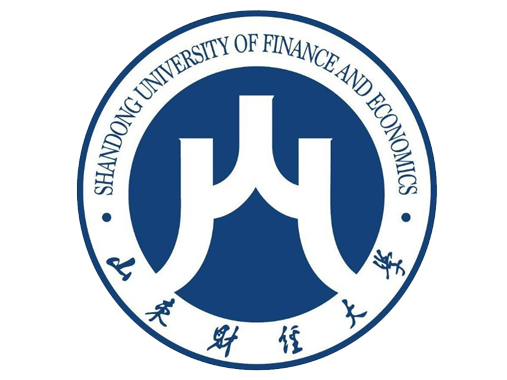A Bachelor’s degree in Public Finance focuses on the study of government revenue, expenditure, budgeting, and the overall management of public resources. It combines economic theories with practical financial management skills to equip students with a solid foundation for understanding and analyzing government finances, policies, and their economic impacts. Here’s an overview of what the program typically covers:
Program Overview
- Core Concepts: Students learn fundamental economic principles, including macroeconomics and microeconomics, as well as specialized topics in public finance such as tax policy, public debt, and expenditure analysis.
- Government Revenue and Taxation: This area covers how governments generate income, including various forms of taxation (income, corporate, sales, and property taxes), as well as the economic and social implications of tax policies.
- Public Expenditure: Students analyze how governments allocate funds for public services, infrastructure, education, healthcare, and social programs, studying budgeting processes and evaluating spending efficiency.
- Fiscal Policy and Economic Stability: The program explores fiscal policies that influence economic stability, growth, and equity, examining the government’s role in managing inflation, employment, and other economic indicators.
- Debt Management: Students learn about the management of public debt, including domestic and foreign borrowing, debt sustainability, and the impacts of debt on economic growth and public welfare.
- Public Budgeting and Financial Management: This includes the study of budgeting techniques, financial planning, and accounting in the public sector, with a focus on transparency, accountability, and effective resource allocation.
- Data Analysis and Financial Modeling: The program emphasizes quantitative skills for analyzing economic and financial data, using tools like econometrics, statistics, and financial modeling to inform policy decisions.
- Public Policy and Administration: Students also gain an understanding of policy formation, public administration, and the interplay between politics and finance, preparing them for roles that require managing and interpreting financial data for policy making.
Career Paths
Graduates with a degree in Public Finance can pursue careers in:
- Government agencies (e.g., budget analysts, financial examiners)
- International organizations (e.g., IMF, World Bank)
- Non-profit sector (e.g., policy analyst)
- Research institutions and think tanks
- Private sector consulting firms focusing on public sector clients
- 30-06-2025
- ¥800
- ¥0
- ¥0










 Apply Now
Apply Now

